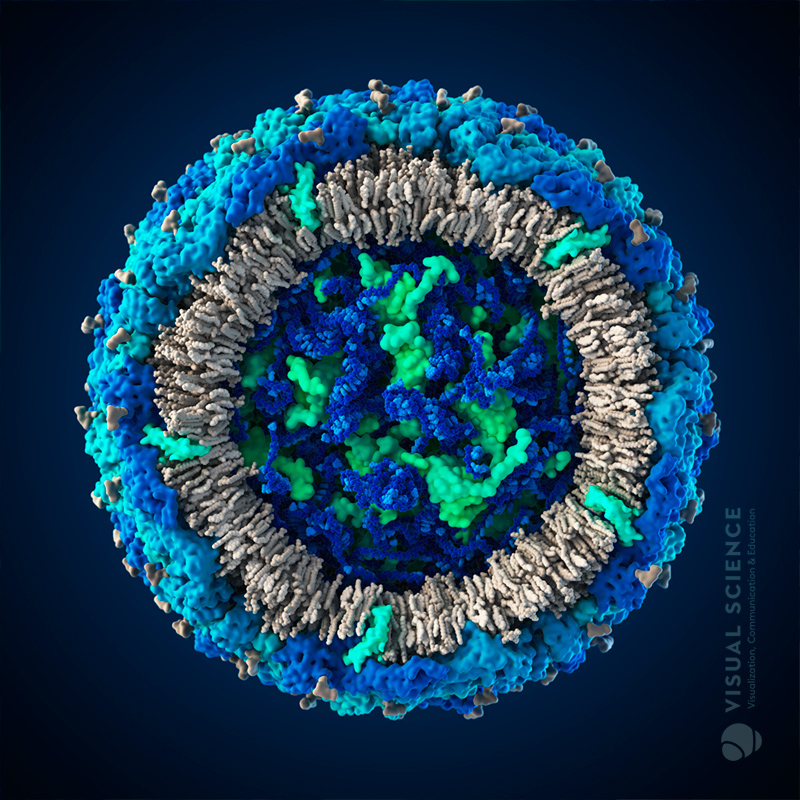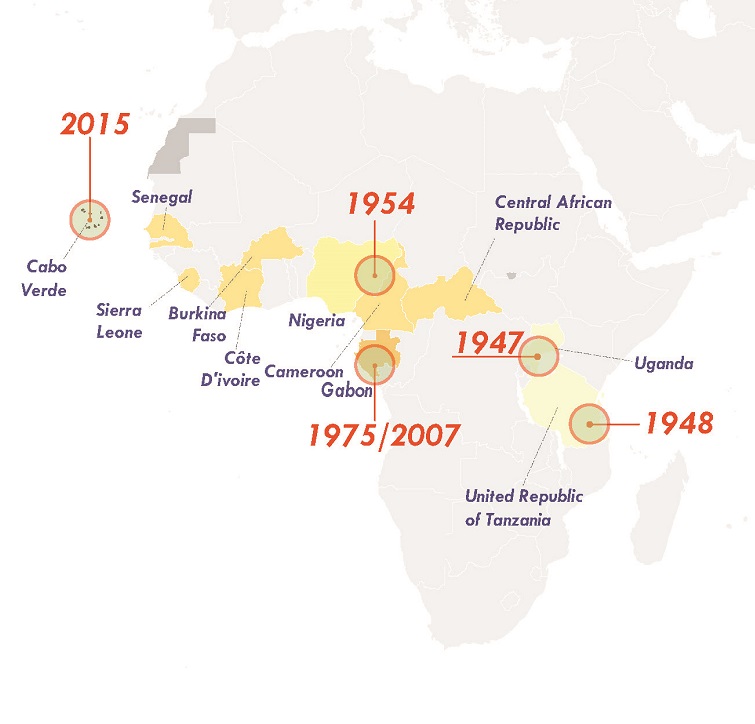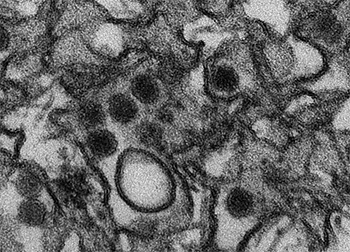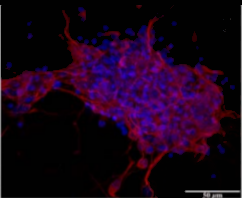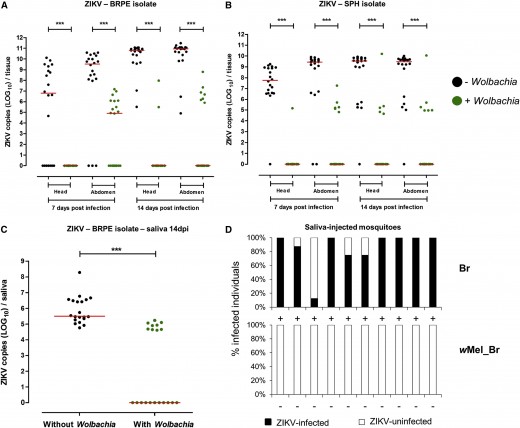Combating Zika virus
To stop the spread of Zika and prevent other infectious disease outbreaks,USAID launched Combating Zika and Future Threats: A Grand Challenge for Development. The challenge calls upon the global innovator community to generate cutting-edge approaches to fight the current Zika outbreak and to help strengthen the world’s response to infectious diseases in the future.
Combating Zika | Grand Challenge for Development | U.S. Agency for International Development
Last updated: May 11, 2016

To stop the spread of Zika and prevent other infectious disease outbreaks, USAID launched Combating Zika and Future Threats: A Grand Challenge for Development. USAID is calling for the global innovator community to generate cutting-edge technologies and approaches to fight Zika in the near term and to help strengthen the world’s response to infectious diseases in the future.









